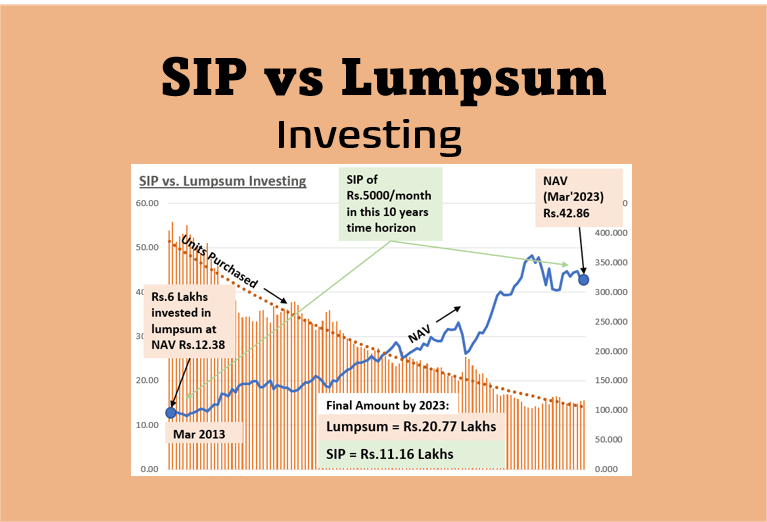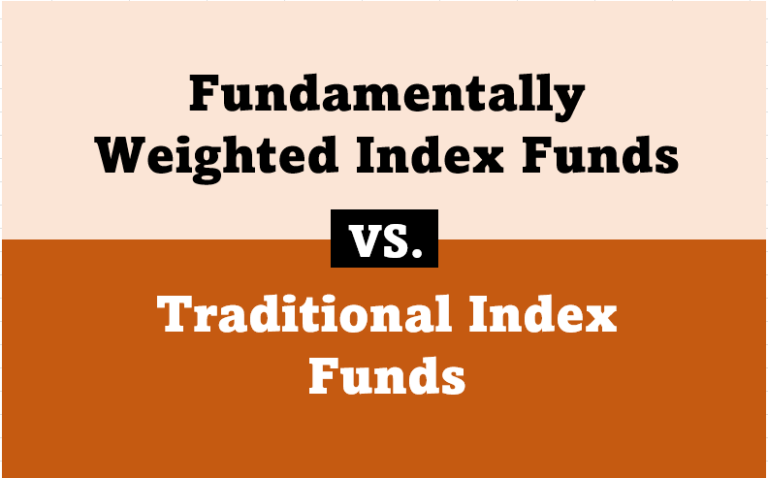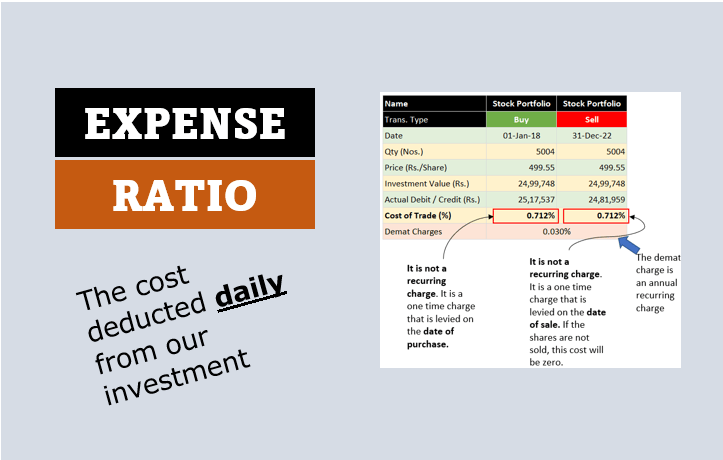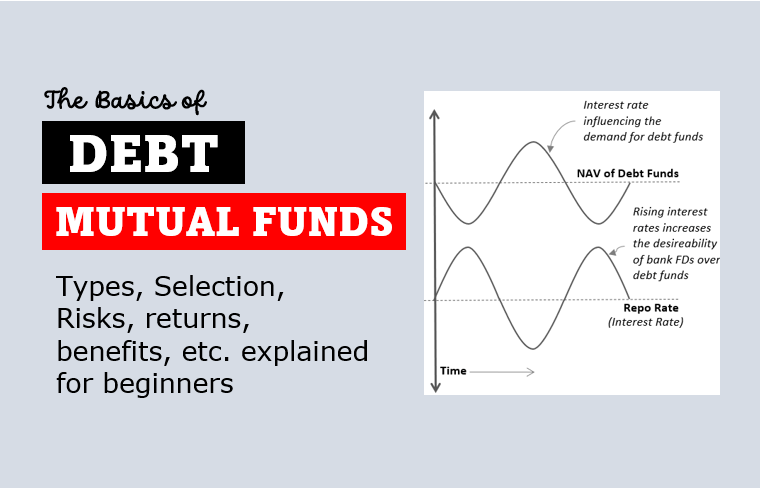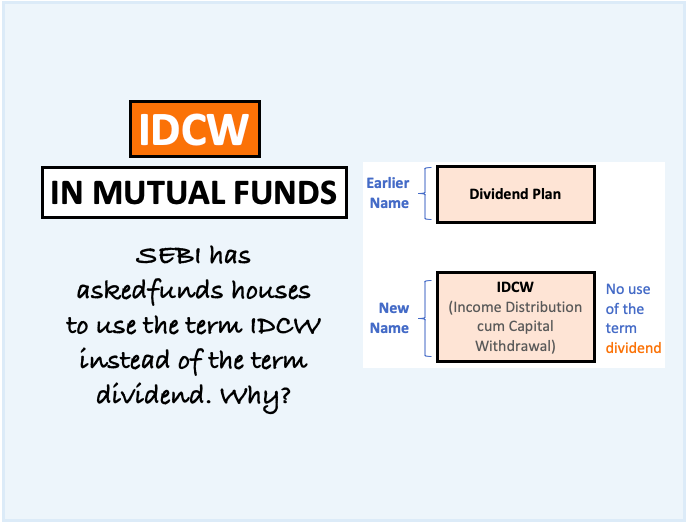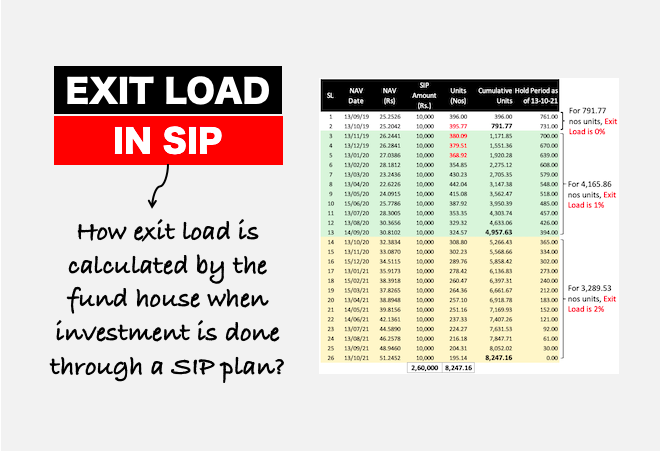Two Decades of SIP Investments and Financial Independence [Wealth Creation]
Systematic Investment Plan (SIP), stands as a cornerstone strategy for wealth creation and financial stability. For nearly two decades, one steadfast investor embarked on a remarkable journey through the landscape of SIPs, refining strategies, embracing volatility, and reaping the rewards of consistent, disciplined investment. Let’s learn from the two decades of SIP investments. The purpose…





